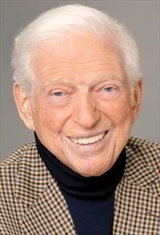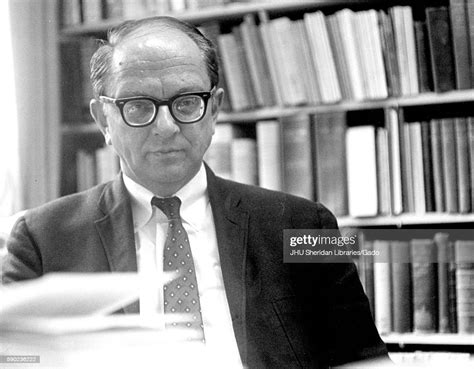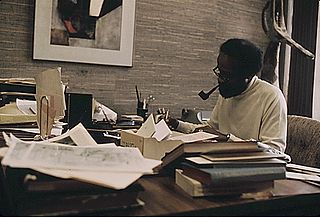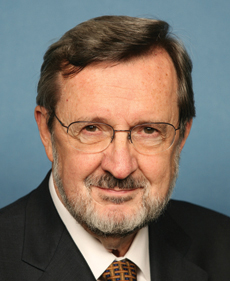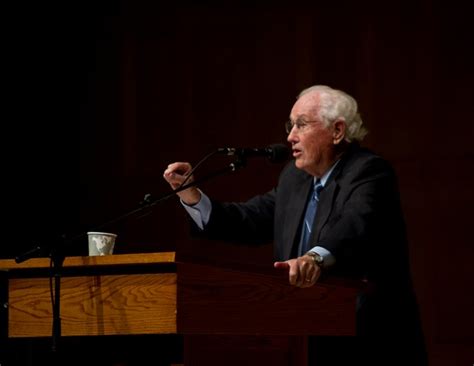A Quote by Theodore Roosevelt
Lincoln-sad, patient, kindly Lincoln, who after bearing upon his weary shoulders for four years a greater burden than that borne by any other man of the nineteenth century laid down his life for the people whom living he had served as well-built upon his early study of the Bible.
Related Quotes
Viewing the man from the genuine abolitionist ground, Mr. Lincoln seemed cold, tardy, weak and unequal to the task. But, viewing him from the sentiments of his people, which as a statesman he was bound to respect, then his actions were swift, bold, radical and decisive. Taking the man in the whole, balancing the tremendous magnitude of the situation, and the necessary means to ends, Infinite Wisdom has rarely sent a man into the world more perfectly suited to his mission than Abraham Lincoln.
The spiritual kinship between Lincoln and Whitman was founded upon their Americanism, their essential Westernism. Whitman had grown up without much formal education; Lincoln had scarcely any education. One had become the notable poet of the day; one the orator of the Gettsyburg Address. It was inevitable that Whitman as a poet should turn with a feeling of kinship to Lincoln, and even without any association or contact feel that Lincoln was his.
He[Napoleon] had destroyed only one thing: the Jacobin Revolution, the dream of equality, liberty and fraternity, and of the people rising in its majesty to shake off oppression. It was a more powerful myth than his, for after his fall it was this, and not his memory, which inspired the revolutions of the nineteenth century, even in his own country.
Who freed the slaves? To the extent that they were ever u2018freed,' they were freed by the Thirteenth Amendment, which was authored and pressured into existence not by Lincoln but by the great emancipators nobody knows, the abolitionists and congressional leaders who created the climate and generated the pressure that goaded, prodded, drove, forced Lincoln into glory by associating him with a policy that he adamantly opposed for at least fifty-four of his fifty-six years of his life.
Remember that Abraham Lincoln was a Whig far longer than he was a Republican. As a whole, the Whigs looked upon banks and corporations as a more efficient means of development; the Jacksonian Democrats thought they were the tools of the devil, but Whigs like Lincoln disagreed. During his presidency, Lincoln favored the re-construction of a national financial system, and his most important 'internal improvement' project was the Pacific railroad.
Indeed, I suspect that the changes that have taken place during the last century in the average man's fundamental beliefs, in his philosophy, in his conception of religion, in his whole world outlook, are greater than the changes that occurred during the preceding four thousand years all put together.
Abraham Lincoln did have intellectual instincts, a tremendous curiosity on a broad range of subjects, and a near-photographic memory for what he read. He was, at the end of the day, a politician: politics were his heaven, said William Herndon. But Lincoln did take comfort in ideas and books, more so than almost any other president, and he went to books and ideas in moments of perplexity to sort things out. Philosopher, no, but thoughtful and "surprisingly well-read" for his day.
I wish to suggest that a man may be very industrious, and yet not spend his time well. There is no more fatal blunderer than he who consumes the greater part of his life getting his living. All great enterprises are self-supporting. The poet, for instance, must sustain his body by his poetry, as a steam planing-mill feeds its boilers with the shavings it makes. You must get your living by loving.
There's been more written about Lincoln than movies made about him or television portraying him. He's kind of a stranger to our industry, to this medium. You have to go back to the 1930s to find a movie that's just about Abraham Lincoln. I just found that my fascination with Lincoln, which started as a child, got to the point where after reading so much about him I thought there was a chance to tell a segment of his life to to moviegoers.

